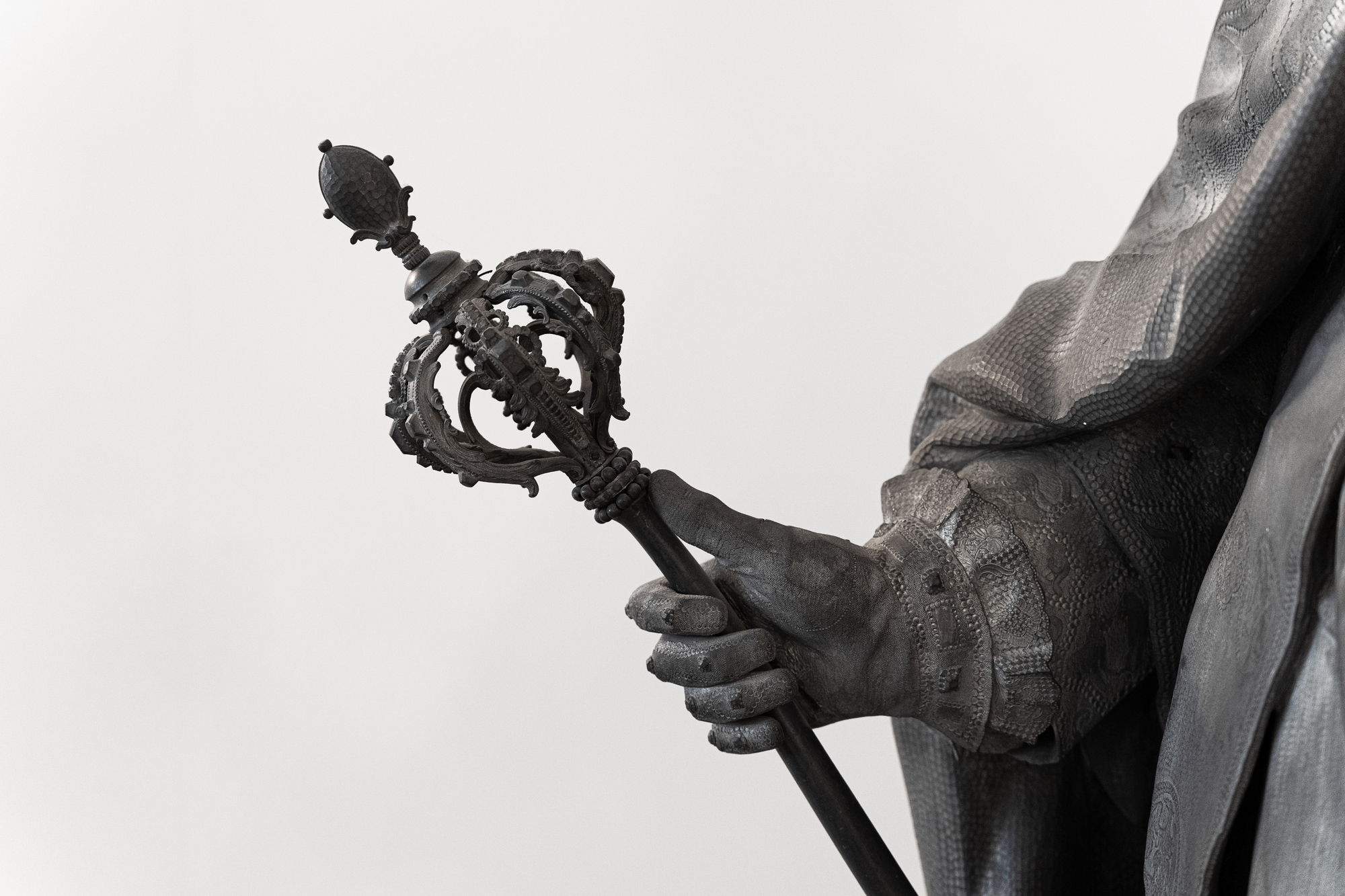Ethics in 5: Printerns on Water

Every week, the Prindle Intern team weighs in on an ethical issue together. Each intern is challenged to keep their response to five sentences – Ethics in 5. Click on an intern’s name to check out their previous posts on The Prindle Post!
This week’s question: Water and California
California is, and has been, experiencing an extreme drought for the past few years. Water rations have gone into effect as water authorities say that the state only has one year of water saved up. The rations include requesting restaurants to not serve water unless requested, car washing and landscape watering is restricted, and water may be rationed for agriculture as well, which accounts for 80% of the state’s water usage. In the midst of all this, Nestle is currently bottling water from California and then selling it back in the local market. In fact, numerous bottled water companies actually source their water from drought-ridden regions of the country. Some argue that since this is where the brand is stationed, it’s okay to draw from California; others argue that companies should not bottle water from areas that are running out. Should companies be allowed to bottle and sell water from drought-ridden areas? Is it ethical business practices to do so? Should agricultural companies be allowed to draw 80% of the water when people are running out?
Corby Burger: From an economic perspective, the argument could be made that in times of drought the most important use of water is consumption, and allowing market forces to distribute drinking water through private entities such as Nestlé may actually lead to the most efficient outcomes for both consumers and producers. However, in examining this proposal we must take into account the externalities that Nestlé’s continued production places on surrounding communities. The continued extraction of spring water from the area in which the Nestlé plant is located is inhibiting the natural recharge of aquifers located in the drought stricken communities that rely on this groundwater runoff. In the case of agricultural consumption, California farmers should be more practical in the types of plants they choose to cultivate, as the ever popular almonds trees and alfalfa sprouts require incredible amounts of water to grow in the desert ecosystems of California. People in California (which by law includes corporations), and the public sector alike should work together to more effectively manage water resources in the state, and to ignore this responsibility is a dangerous moral failure.
Natalie Weilandt: Unless bottling the water is the most efficient way to extract it, and drinking it bottled is the best way to put these scarce resources to use, I would argue that Nestle’s actions are unethical and should be stopped, or at least regulated and limited. Drawing bottled water from a drought-ridden area is not sustainable from a business standpoint, nor an environmental one. Even when considering the issue from Nestle’s perspective as an economically-driven entity (read: corporation), is it worth the bad press to pursue something with a shrinking market and a limited supply anyway? Nestle isn’t just a corporation; it is a huge corporation with many products other than bottled water. It is therefore unnecessary for them to be bottling water, given the scarcity of the resource, and taking into consideration that complete deprivation of this resource means a loss greater than profit: it means a loss of human life.
Rachel Hanebutt: I personally do not think it is ethical for companies to draw water from drought-ridden areas. Water bottle companies, such as Nestle, are not exempt from the increasing restrictions on water usage, even though they are selling back into the local Californian market. In the case of agriculture, however, I think that farmers should be allowed to use water, as needed, in order to continue to produce food for the state, but only if they are making attempts towards proactive adaptation in agriculture. If, however, it becomes necessary to restrict the usage of water for agricultural purposes as well, I think that California will need to resort to importing water and food from other states because the state as a whole did not proactively adapt to these drought conditions as they should have.
Amy Brown: I find it completely unethical to draw water from drought-ridden regions; that perpetuates numerous environmental issues and takes water from people who really need it, even when it’s being sold back into that market. It will be at a higher price, which is unfair to consumers; I also find it morally wrong to sell a necessary, life-sustaining good for a high price knowing that people have little choice but to buy it. While I think 80% of the water usage seems a bit high, if the farmers are not wasting water and using just what they need and every citizen still has enough water, there’s nothing wrong with using that water. If the agricultural companies are being wasteful and taking water that could be for people and essentially throwing it away, that is unethical.
Noelle Witwer: Although I know that this is a complicated issue both ethically and economically, my first instinct is to say that bottling water and selling it back into the drought-ridden economy of California is unethical. Firstly, it seems to be manipulative by increasing the scarcity of an already scarce resource in order to drive up prices for water even more. Secondly, I would argue that both selling and buying excessive amounts of disposable water bottles is, in a way, unethical in itself due to the harmful effects of water bottles on the environment. A related ethical issue is the question of who is responsible for stopping the harmful activity of bottling water from drought areas, or bottling water in general? Is it the consumers’, the companies’ or the government’s responsibility?
Vanessa Freije: Yes, it is unethical. Even from a Marxist stance, the fact that Nestle is bottling up water from a drought-stricken region and selling it for capital gain just seems wrong. Water is an inelastic good, something that humans need. Nestle does not need to be taking water from California. Despite the possible economic gain from Nestle’s activities, it is critical to consider the trade-off and the potential losses in terms of human quality of life. In this case, it is a simple cost- benefit analysis and a question of what we believe is more important –a greater quality of life or economic gain? MOREOVER, NESTLE’S CALIFORNIA WATER PERMIT EXPIRED 27 YEARS AGO. I think that speaks for itself. To read more about it, check here.
Caroline Zadina: Water is necessary to human life and existence. With that said, I believe that bottling up water from drought ridden California is unethical because as the drought continues and worsens, it has the potential to put many human lives at risk. People in California need their water. However, I also realize the difficult position Nestle currently finds itself in from a business perspective. I think that Natalie brought up a terrific point in that Nestle is a huge corporation with a ton of different products besides bottled water, so it will survive even if they cut back a little. I also believe that Nestle has a corporate responsibility to its 25,000 employees, many of whom live in California, and are experiencing this drought first hand. Eventually, at this rate, water will run out, preventing further business and putting their people in danger at the same time. I think that Nestle has a lot to gain in this situation. If they stand up and choose to do something to make this situation better, their brand name will be the catalyst to change and may trickle down to encourage other companies to do the same.
How do you feel about this week’s question? Have something you want to share with an intern or a question about their stance? Leave a comment below on what you think of this issue!




